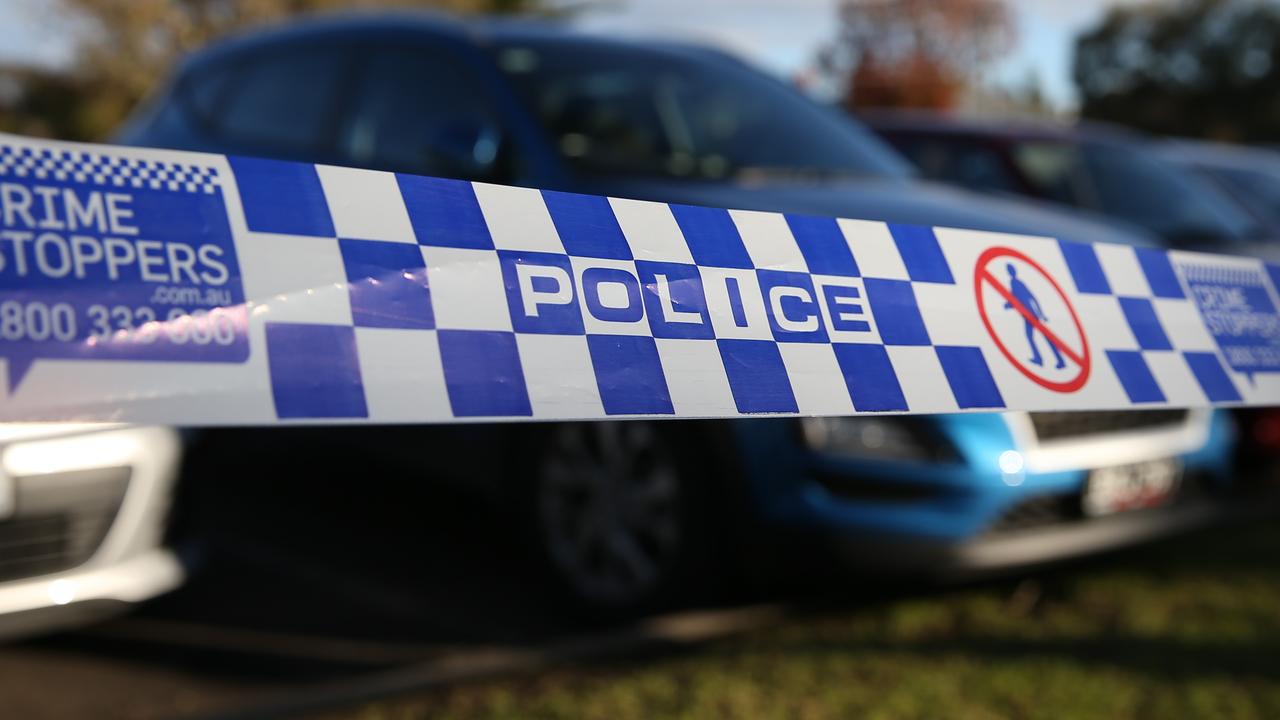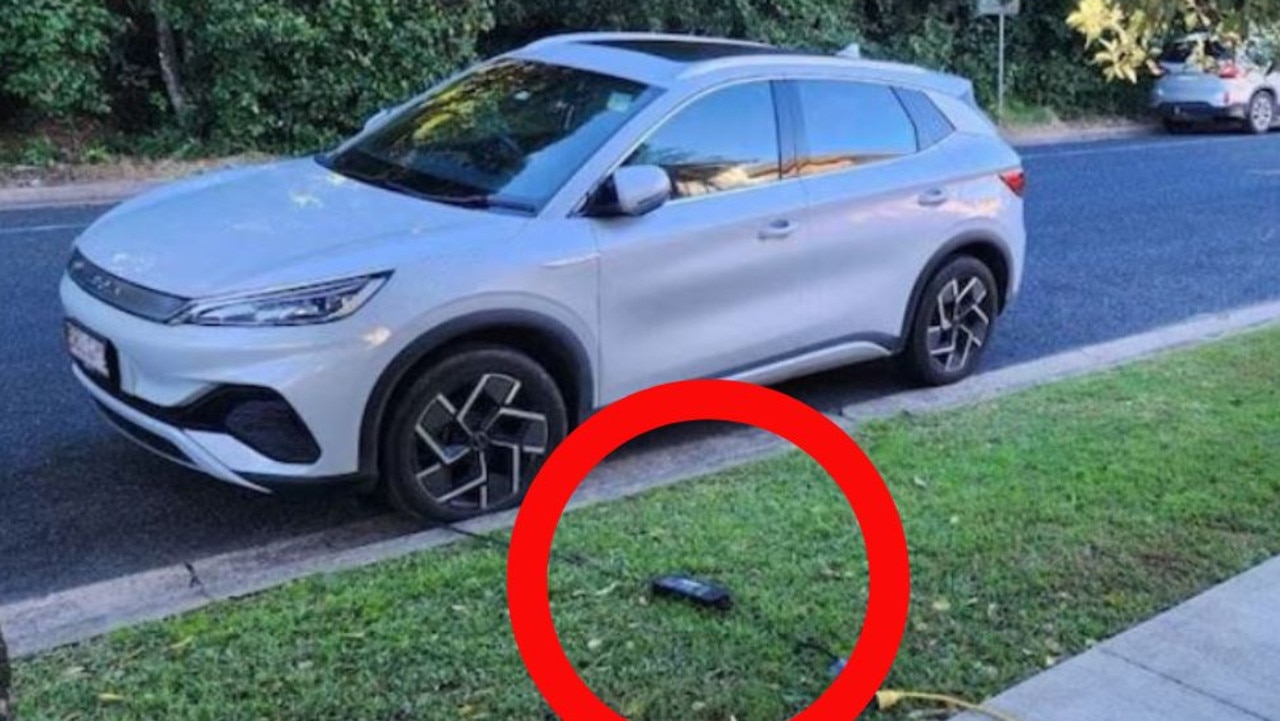BMW trials hydrogen-powered cars in Australia
This tech has the potential to shift the balance of green motoring on Australian roads, promising strong performance without slow charging.
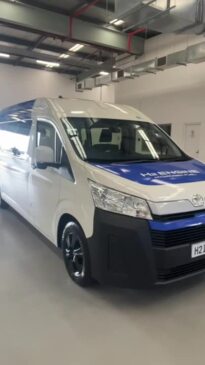
Motoring News
Don't miss out on the headlines from Motoring News. Followed categories will be added to My News.
BMW says hydrogen cars can eventually match battery electric vehicles on price as the zero emissions road wars heat up.
And the German giant known for its luxury and performance cars believes commercial vehicles are key to paving a long-mooted hydrogen highway.
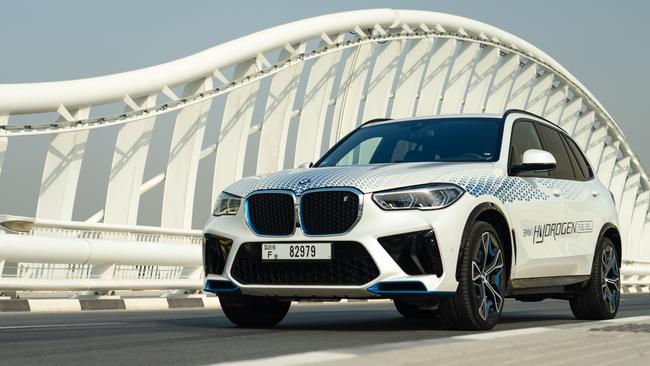
However, whereas the brand is pushing hard on battery electric vehicles, it is yet to commit to manufacturing a vehicle that replaces expensive batteries with tanks filled with hydrogen and a device called a fuel cell, instead continuing with an extensive global development program for an energy source it believes can carve a niche in the zero emissions automotive future.
“For us it’s an important thing and we think we need both technologies,” says Dr Juergen Guldner, general manager of the hydrogen project for the BMW Group, which includes Mini and Rolls-Royce.
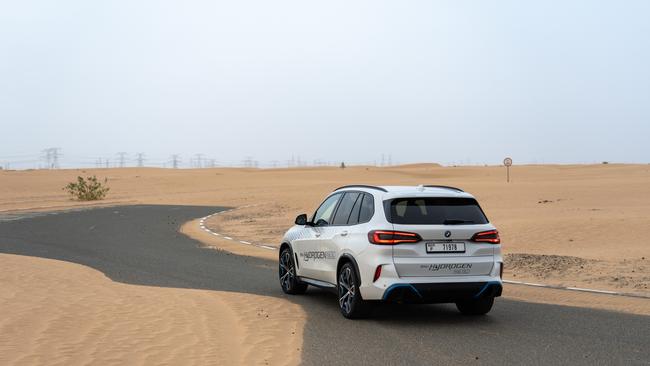
“We think we can get on par (with price),” he says.
Guldner is in Australia with two just-arrived BMW iX5 Hydrogen development cars that are in the country for promotion and evaluation.
BMW won’t say how many iX5s exist globally, other than to say there are fewer than 100.
Each uses the body of the popular X5 large SUV but replaces the engine and gearbox with two carbon fibre hydrogen tanks and a fuel cell, which performs a chemical reaction to convert hydrogen into electricity.
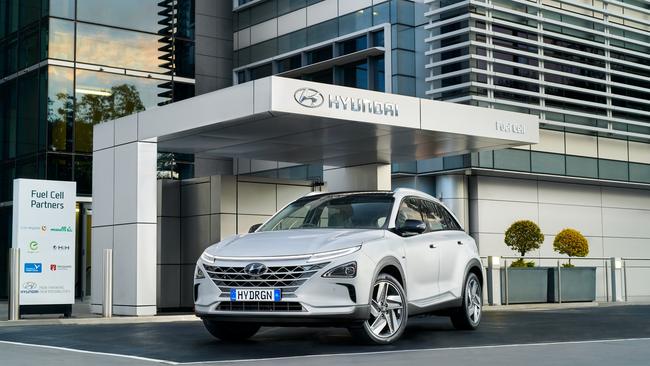
That electricity then powers an electric motor with up to 295kW, enough to complete the 0-100km/h dash in less than six seconds.
BMW’s local interest in FCEVs follows years of hydrogen promotion from Toyota and Hyundai, each of which is investing heavily in hydrogen-powered vehicles to sit alongside EVs.
Hyundai has leased its Nexo and Toyota its Mirai, although neither is sold outright, partly due to a lack of refuelling infrastructure – arguably the biggest hurdle for FCEVs.
Guldner will travel to Canberra this week to spruik the FCEV tech and believes Australia is well positioned to capitalise on its natural resources and big distances.
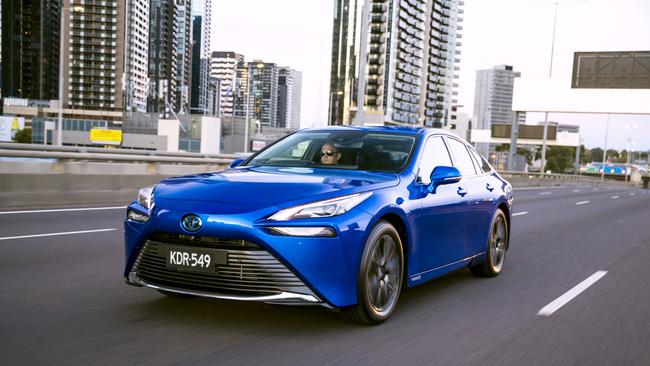
“Australia has all the ingredients,” he says. “If the Australian strategy embraces having battery electric cars and hydrogen cars as a combination rather than trying to do everything with battery electric … it could become a lead market.”
Guldner says hydrogen is well suited to heavy duty and commercial vehicles, especially when it comes to fast charging multiple vehicles over long distances.
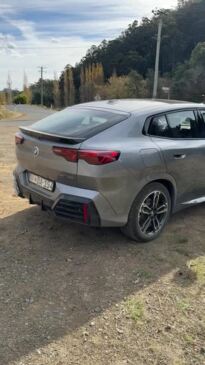
He argues the cost required to ultra fast charge multiple heavy vehicles in short time frames is prohibitive, something that makes circa-five-minute refuelling of hydrogen vehicles more appealing.
But hydrogen vehicles have been a tough sell globally.
Just 14,451 FCEVs were sold globally in 2023, down 30 per cent from the year before.
In comparison, there were 14.2 million battery electric vehicles sold in 2023, an increase of 35 per cent.
Guldner puts the differences down to the maturity of the technology, the challenges with developing it, the lack of manufacturing scale and the requirement for expensive fuelling infrastructure.
“The technology is a little bit harder to master because the fuel cell system is a complex system,” he says, adding that “the entry hurdle is a little bit higher than battery electric”.
He believes the investment in fuel cell technology for non-automotive applications will help its cost competitiveness.
But he says the elusive price parity is still years away.
Whereas Hyundai, Toyota and Honda are building small numbers of FCEVs, Guldner says a decision whether BMW will proceed to production – with visions of having a family of FCEVs in the 2030s – will be made later this year.
“We’re working on the decision-making process,” he says, adding that he is “confident but there’s a lot of things that have to come together”.
Originally published as BMW trials hydrogen-powered cars in Australia

